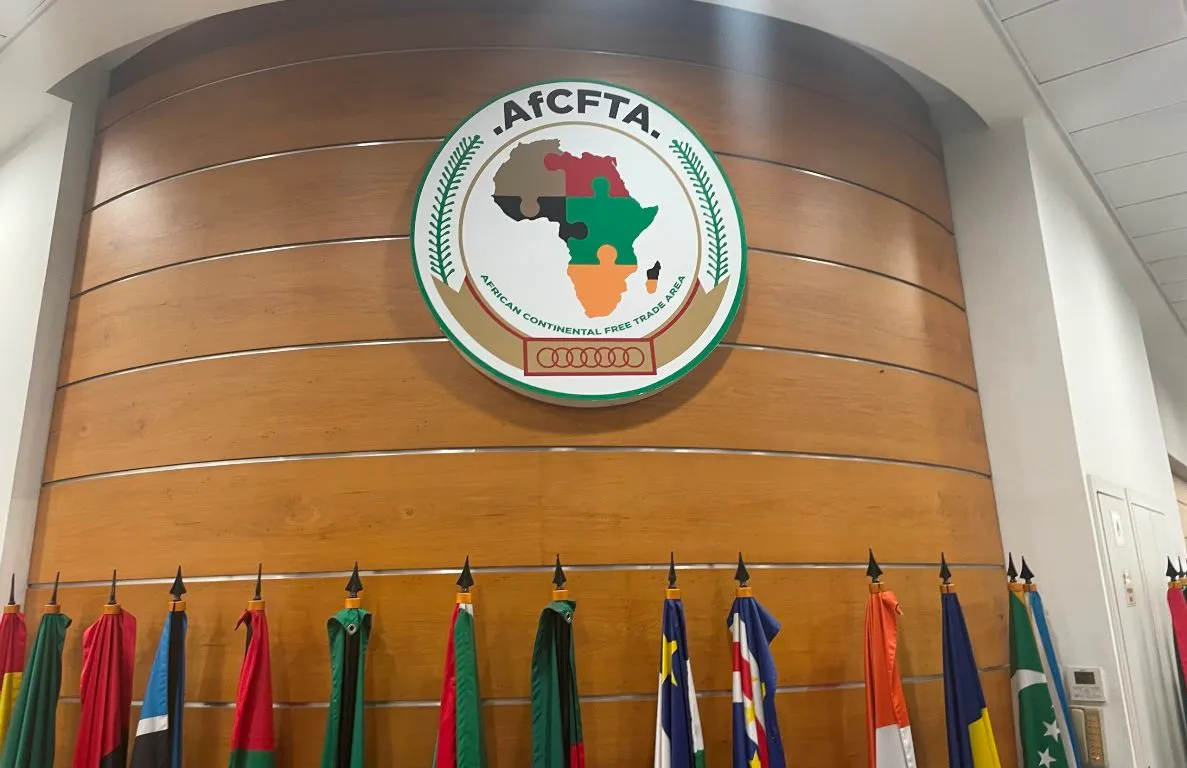The Italian government, under Prime Minister Giorgia Meloni, is planning to implement new windfall taxes on companies with extraordinary profits to tackle the country’s increasing budget deficit, according to Finance Times.
This decision reflects Nigeria’s windfall tax on banks, announced in early 2024 after a significant rise in profits in the financial sector during 2023 and 2024.
Both countries are targeting sectors that have unexpectedly profited due to external market conditions, with Italy seeking to impose broader fiscal contributions on industries that have benefited from geopolitical crises, including defense companies.
In a statement on Thursday, Italy’s Finance Minister Giancarlo Giorgetti confirmed that the upcoming budget would necessitate “sacrifices from everyone,” although he did not specify whether this would entail higher tax rates or new levies.
Giorgetti noted that the government aims to avoid a repeat of last year’s attempt to impose a windfall tax on banks, which caused market volatility and had to be scaled back.
However, he emphasized that all sectors, not just banks, would be expected to contribute to stabilizing the country’s finances.
“There will be a general call for everyone to contribute, not just banks.
“We’re all part of a country that has been called to put its accounts in order . . . and everyone must contribute,” Giorgetti said.
While last year’s windfall tax primarily targeted banks, the Italian government is now broadening its scope to include defense companies that have profited from increased global conflict.
Giorgetti noted that industries linked to global defense production have experienced exceptional growth due to the war in Ukraine and other geopolitical tensions.
“Paradoxically, today, one could say that with all these wars, companies that produce weapons are doing particularly well,” Giorgetti remarked, hinting at a possible levy on defence firms such as Leonardo, the state-owned Italian aerospace and defence company.
Italy’s decision to target windfall profits mirrors Nigeria’s actions, where a windfall tax on banks was implemented in early 2024.
The Nigerian government imposed this levy after banks reported substantial profits in 2023 and 2024, largely driven by gains from the Central Bank of Nigeria’s foreign exchange reforms.
The revaluation of the naira provided banks with significant financial advantages, prompting the government to claim a share of these unexpected earnings.
Nigeria’s Finance Minister, Wale Edun explained that the windfall tax was essential to ensure that the extraordinary gains in the banking sector contributed to the nation’s fiscal health, particularly as the country faced declining oil revenues and rising fiscal pressures.
Edun said “The financial sector has reaped significant benefits from currency reforms, and it is only fair that in a time of national need, such profits contribute to our shared future.”











